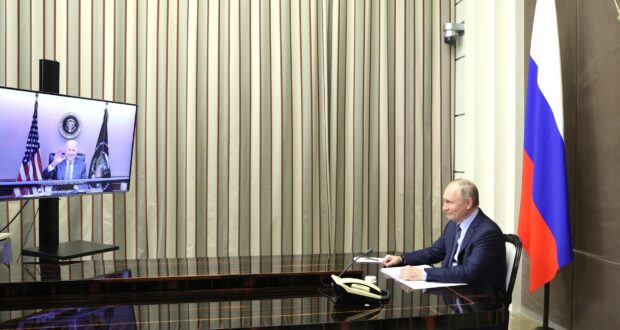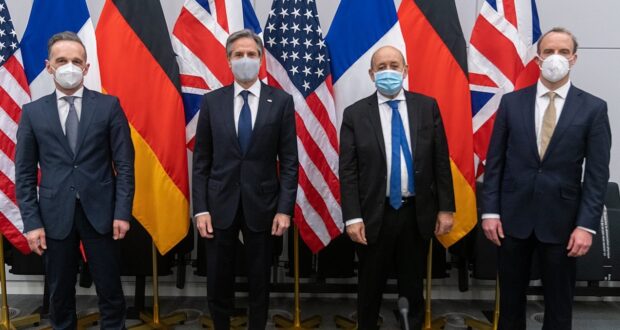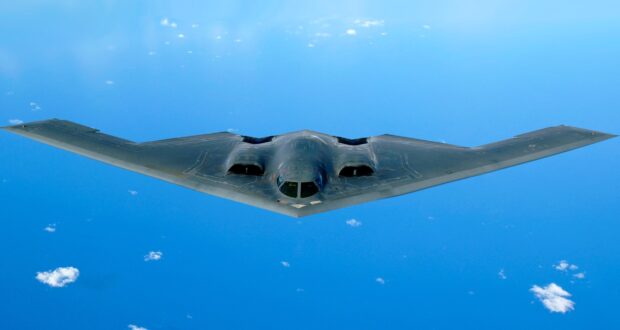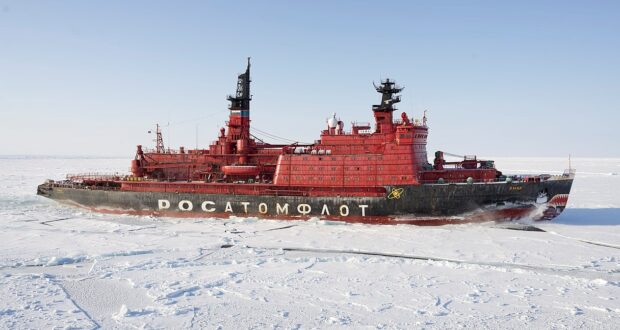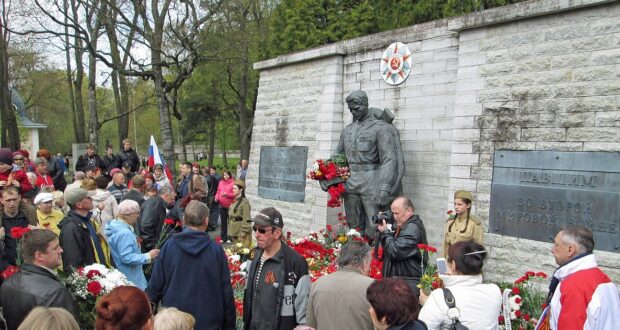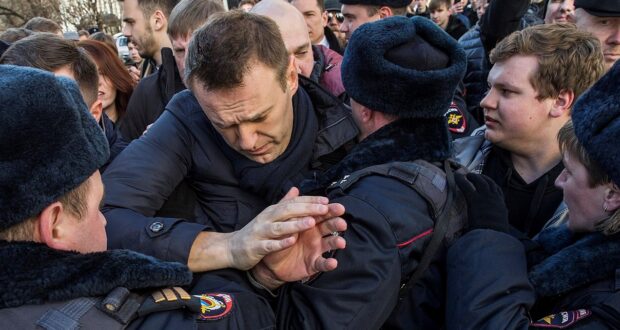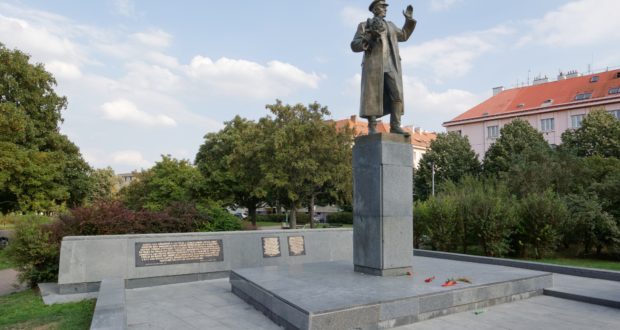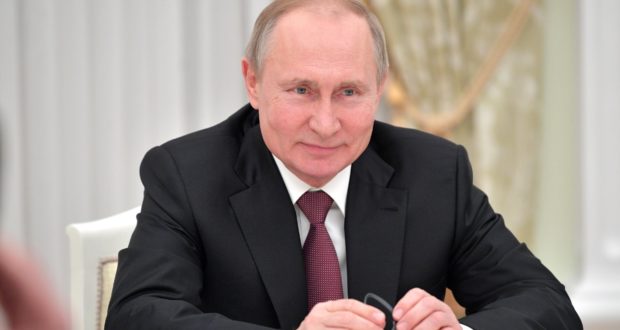Author Archives: Hamish Cruickshank
Hamish Cruickshank has an undergraduate degree in history from the University of Edinburgh and recently completed a master’s degree with distinction at the University of Amsterdam where he specialised in Russian and Eastern European Affairs. He produced his master’s thesis on Russia’s Arctic turn and examined the transforming security dynamics of the High North. Hamish has a strong interest in international relations and security studies and has conducted considerable research on Russian foreign policy, Eurasian geopolitics and Arctic security.
Hamish Cruickshank
February 19, 2022
Europe, Latest Articles, Security and Defence, Uncategorized
Since the fall of the USSR, Ukraine has come a long way. While the country still struggles with corruption and economic challenges, it has made strides towards becoming a successful, Western-facing democracy. To safeguard this progress, and the state’s territorial integrity, the West should stand firm against Russia’s recent manoeuvres in forthcoming talks – and Ukraine must be involved.
Read More »
Hamish Cruickshank
September 14, 2021
Latest Articles, Security and Defence, Uncategorized
With Russia taking up the chair at the Arctic Council and the Biden Administration seemingly favouring a far more cooperative posture in the High North than was seen under Trump, now is the opportunity for both states to make some inroads into improving overall bilateral ties by prioritising cooperation in the Arctic.
Read More »
Hamish Cruickshank
June 18, 2021
Europe, Latest Articles, Security and Defence
The spate of diplomatic expulsions and sanctions seen over the past few months may be indicative of a failing Russian foreign policy in Europe. Russian foreign policy has always been motivated by three primary drivers – the need for security and a strong buffer; the necessity to be recognised as a great power; and the need to maintain a pragmatic relationship with the West. On all counts, one could argue that recent events have hindered these objectives.
Read More »
Hamish Cruickshank
March 18, 2021
Latest Articles, Russia and Eurasia, Security and Defence, The Americas
Amid a host of promises including a declaration to re-join the Paris Climate Agreement, the Biden administration announced in early January that it would seek an extension to the treaty, and on the 26th Biden and Putin agreed via a telephone conversation to a five-year extension.
Read More »
Hamish Cruickshank
January 12, 2021
Latest Articles, Russia and Eurasia, Security and Defence, Uncategorized
The warming of relations between Russia and China in the Arctic has driven some Western policymakers to declare that an ‘Arctic Alliance’ has formed between the two powers. However, a deeper examination of the evidence indicates that a destabilising partnership between the two powers is far from apparent.
Read More »
Hamish Cruickshank
November 20, 2020
Europe, Latest Articles, Security and Defence, Uncategorized
While Latvia, Estonia and Lithuania have sought to pull themselves out of Russia’s orbit and entrench themselves as Western, European states, Moscow has sought to influence and destabilise this process.
Read More »
Hamish Cruickshank
October 3, 2020
Europe, Latest Articles, Russia and Eurasia
Anti-corruption campaigner and leading Russian political oppositionist Alexei Navalny has been poisoned with the nerve agent ‘Novichok’. With the international community now demanding a full and transparent enquiry into the incident, it appears that this is yet another sign that the Kremlin’s grisly method of dealing with dissidents has indeed become an intrinsic facet of state policy in Russia.
Read More »
Hamish Cruickshank
August 28, 2020
Europe, Latest Articles, Opinion, Russia and Eurasia, Security and Defence, Uncategorized
The Government’s tepid response to the Russia Report is unlikely to have made any in the Kremlin lose much sleep. A stronger effort is therefore imperative to deter any future attempts to undermine UK democracy.
Read More »
Hamish Cruickshank
June 22, 2020
Europe, Latest Articles, Russia and Eurasia, Security and Defence
While the plot may have turned out to be a complete fabrication, the fear and panic inspired by the initial reports serve as a reminder that mokroye delo - wet affairs or “wetwork” in the West - has seen a resurgence under Vladimir Putin.
Read More »
Hamish Cruickshank
May 8, 2020
Latest Articles, Russia and Eurasia, Security and Defence
Any hopes of an alternate course for Russia have surely been dashed by the constitutional overhaul and it appears that the future will hold significantly more continuity than change for the country both internally and externally.
Read More »
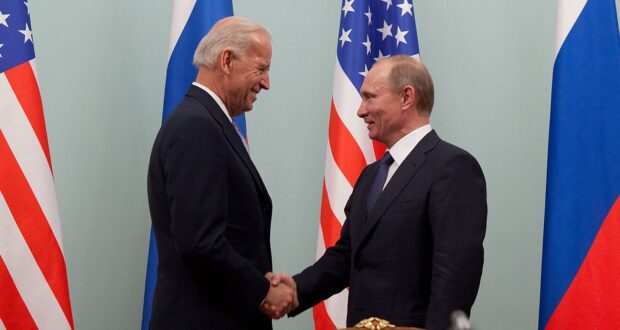
 Human Security Centre Human Rights and International Security Research
Human Security Centre Human Rights and International Security Research
